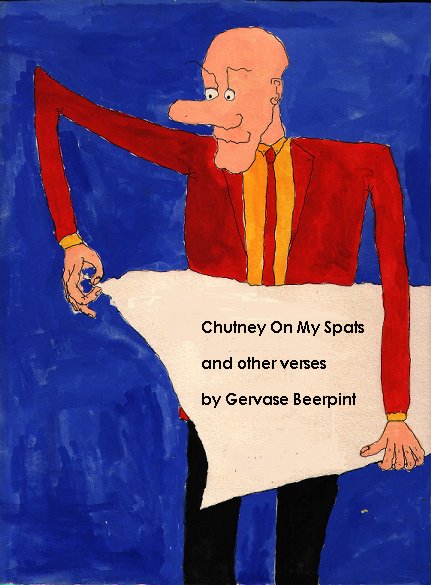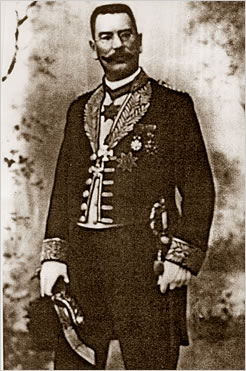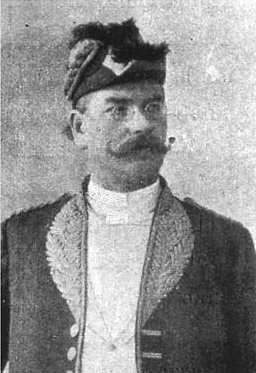ONE LOT : A SINGLE TUSK
ONE LOT : TWO TUSKS
ONE LOT : THREE TUSKS
ONE LOT : FOUR TUSKS
ONE LOT : TWO TUSKSTo the Director
Dear Sir
I have come to enquire if I have anything left on account with you. I wish to change today my booking on this ship whose name I don’t even know, but anyway it must be the ship from Aphinar. There are shipping lines going all over the place, but helpless and unhappy as I am, I can’t find a single one – the first dog you meet in the street will tell you this. Send me the prices of the ship from Aphinar to Suez. I am completely paralysed, so I wish to embark in good time. Please let me know when I should be carried aboard…
Thus Arthur Rimbaud’s last recorded words, dictated in a delirium to his sister Isabelle from his Marseille hospital bed on the eve of his death on 10 November 1891. As Charles Nicholl notes in Somebody Else : Arthur Rimbaud In Africa 188-1891 (1997),
Where or what Aphinar is no one is sure. The phrase he uses is le service d’Aphinar, which seems to mean ‘the ship from Aphinar’ but could equally mean ‘the Aphinar shipping line’, so one cannot be quite sure if Aphinar is a place or a company, or even a particular captain. One cannot even be sure that ‘Aphinar’ is what Rimbaud said: it is only Isabelle’s transcription. Was it rather Al Finar, the Arab word for ‘lighthouse’, and was this phantom ship which he wished to board ‘in good time’ the one that would carry him away from the light and into darkness?
But we must begin somewhere, so, in the teeth of uncertainty, we dismiss the shipping line, the captain, the lighthouse, and we say Aphinar is a place, a city, a distant city across the sea, and we set out to find it. We pack twelve tusks, divided into five lots, into a pippy bag and we sling it over our shoulder. Mindful that Rimbaud had lost his right leg to the surgeon’s saw on 27 May, we hobble our own right leg by less drastic means – twine and cord, perhaps, or a tight burlap sack. And so on crutches we make our way to the docks. It may be that we are setting out on a journey from which there will be no return, a hopeless and pointless journey, like the one undertaken by the Japanese student who left her homeland in search of the fictional loot hidden under snow by the criminal robber and kidnapper Carl Showalter in Fargo (Joel & Ethan Coen, 1996). The poor girl perished on her quest, and we too may face death before we reach Aphinar.
At the docks, we lean upon our crutches and we cast an eye over the ships. We did not get a chance, on the way here, to ask questions about shipping of a dog in the street. The street was empty of dogs, as if Rimbaud had been here ahead of us and poisoned all the dogs, just as he poisoned thousands of dogs in Harar, after a cur pissed on his animal hides hung out to dry in the hot dusty Ethiopian air. The air here is neither hot nor dusty. It is bitter cold, even icy, and a glance at the sky reveals the near certainty of snow. And so we gaze from ship to ship. Look, there is the Herzogin Cecilie, magically restored from its wrecking off the Devonshire coast! It gleams and glistens, even shimmers. We haul ourselves on to the gangplank, and it seems scarcely solid beneath our foot. A phantom ship, perhaps, for a phantom voyage, to the distant city of Aphinar.
Aboard, the captain greets us. What have you in that pippy bag?, he asks. We have twelve tusks in five lots, we reply. For like Rimbaud, we are honest, capable, and courageous. I have cargo of grain and nitrate in the hold, says the captain, Your tusks may be stored there for the duration of the voyage. We thank the captain and are glad to relinquish the pippy bag of tusks to a sailor, who carries it below. We do not know if ever we will see the bag, the tusks, again, but something tells us we will need the tusks to parlay our way through the massive wrought iron gates of the city of Aphinar, where the sentries must be bribed.
Shown, by another sailor, to our cabin, we collapse upon our berth. We wait, with the impatience of Rimbaud, for the ship to sail. At rest, flat out on the hard bunk, we are soon asleep, and dreaming. And such dreams! Of Appenzeller and Ilg and Zimmermann. Of two thousand poisoned dogs. Of a season in hell. Of our right leg, amputated and dumped in a Marseille incinerator.
We awake and are relieved to see our right leg present and correct, though numbed. Would it destroy the purpose of our journey to free it from twine and cord, from the tight burlap sack, to shake the life back into it, and go walking on the deck of the Herzogin Cecilie, unencrutched? Rimbaud had not that option, at the end. But nor, so far as we know, did he ever reach Aphinar. It will surely do us no harm to walk on two legs, as Rimbaud did, for untold miles, in Europe and Africa, until his final monopod months.
And so we free the numbed leg and leap from the bunk and cut two or three brisk capers around the room, like Boswell in the morning. But it is not morning. When we leave our cabin, and go out on deck, we see it is night, vast, illimitable, and starless. There is no sign of the captain nor his crew. There is no sign of a living soul. Yet the ship, the ship! It is riding the waves, fast and steady and straight, sails billowing. Nothing can stop us. We are on our way to Aphinar!







